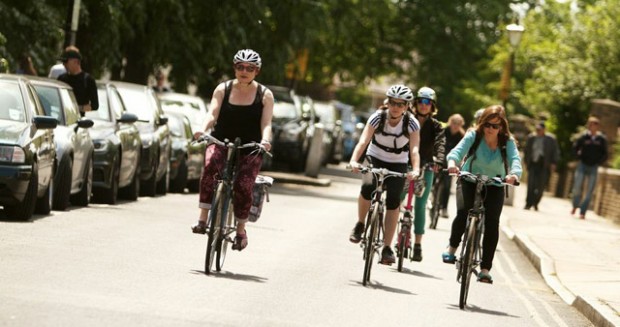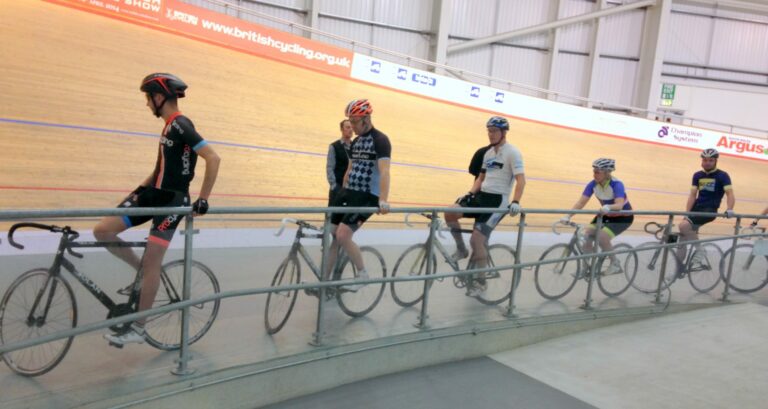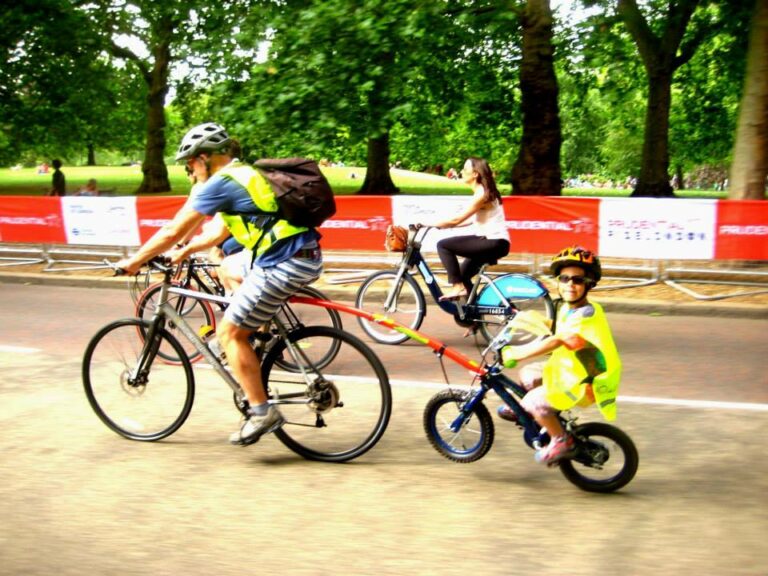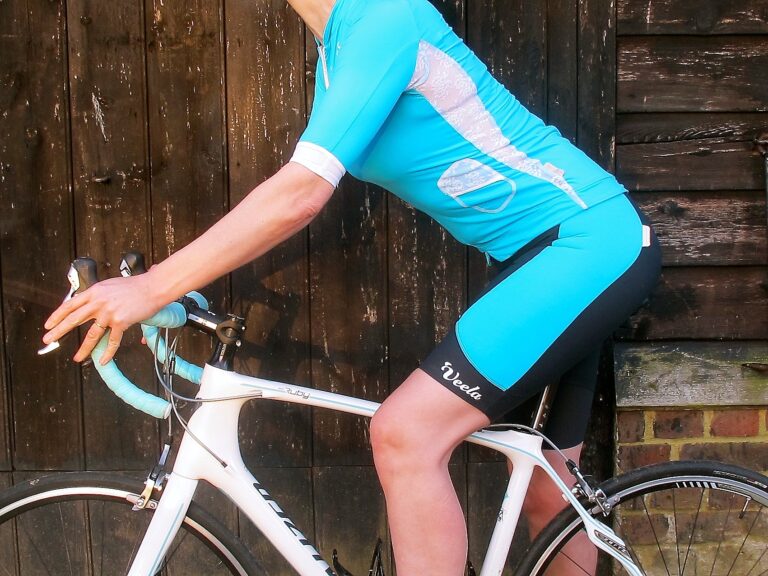
New data released by the European Union has shown that the UKs level of daily cycling is falling further behind its European neighbours. We’re now sitting near the bottom of the EU league table, joining countries like Cyprus and Malta.
It was not surprising that the Dutch topped the table with a whopping 43% of the population cycling daily and just 13% never cycling at all. This is a stark contrast to the UK who placed 24th out of 28 countries, where 4% of the population cycle daily and 50% never cycle at all.
In a recent article published in the BBC Magazine was it was revealed that there are more bikes in the Netherlands than residents. What an awesome claim to fame. It would be amazing to see this kind of statistic come from Britain, but at the moment, despite government efforts we still seems quite a long way off.
And to add insult to injury, it seems that year on year, Britain is actually dropping further and further down the league table: “In 2010 Eurobarometer asked a similar question about mode of transport and the UK was 21st in the cycling table, so these latest figures can be interpreted as a relative drop,” says Kevin Mayne, development director of the European Cyclists’ Federation.
“EU data shows that strengths in sport and leisure cycling do not translate to daily cycling anywhere in the EU but the lack of growth in UK daily cycling is especially noticeable,” he continues.
So what it is about the Netherlands and other success stories such as Copenhagen so amenable to cycling?
- Holland has a vast network of cycle paths – they are clearly marked, have smooth surfaces, separate signs and lights and are wide enough for side by side cycling and overtaking.
- Many of the cycle paths are completely car free. And where space is scant, you will see signs that read ‘Bike Street: Cars are Guests’. This is quite a contrast to the ‘Cyclists Stay Back’ signs we see here and the general opinion of road users that bikes are nothing but a nuisance on the road.
- There is an attitude that the bike is always right – bikes even get right of way at roundabouts.
- It is a way of life. Kids are brought up cycling. As small kids they are transported by cargo bike and then when they are old enough, they will cycle everywhere with their parents. In fact, cycling proficiency lessons are even part of the school curriculum.
- Bike parking facilities are second to none. Everywhere you go there is ample parking for your bike. You never have to wander up and down a street trying to identify a random lamppost skinny enough to take your lock.
- Safety in numbers. It is no secret that critical mass make the roads a safer place for cyclists. The more people who cycle mean that motorists are more aware of their presence and are used to having to look out for them on the roads.
There can be no denying that efforts have been made in the UK to encourage people into the wonderful world of cycling. We have seen an increase in the number and quality of our country’s trail centres, the launch of Boris Bikes in London and of course the Cycle to Work Scheme. Efforts have also been made, especially in London to make the street safer for cyclists with the development of wider bike lanes and stricter policing.
But let’s face it, sharing our routes to work with heavy goods vehicles, double decker buses and irate drivers can make for a scary commute and it is easy to see why many are put off by the prospect. There is also a responsibility of cyclists to respect the rules of the road in order to gain greater respect form motorists. In short, it will take effort on the part of all stakeholders in order to climb up that league table. But I am confident we will get there… eventually.





